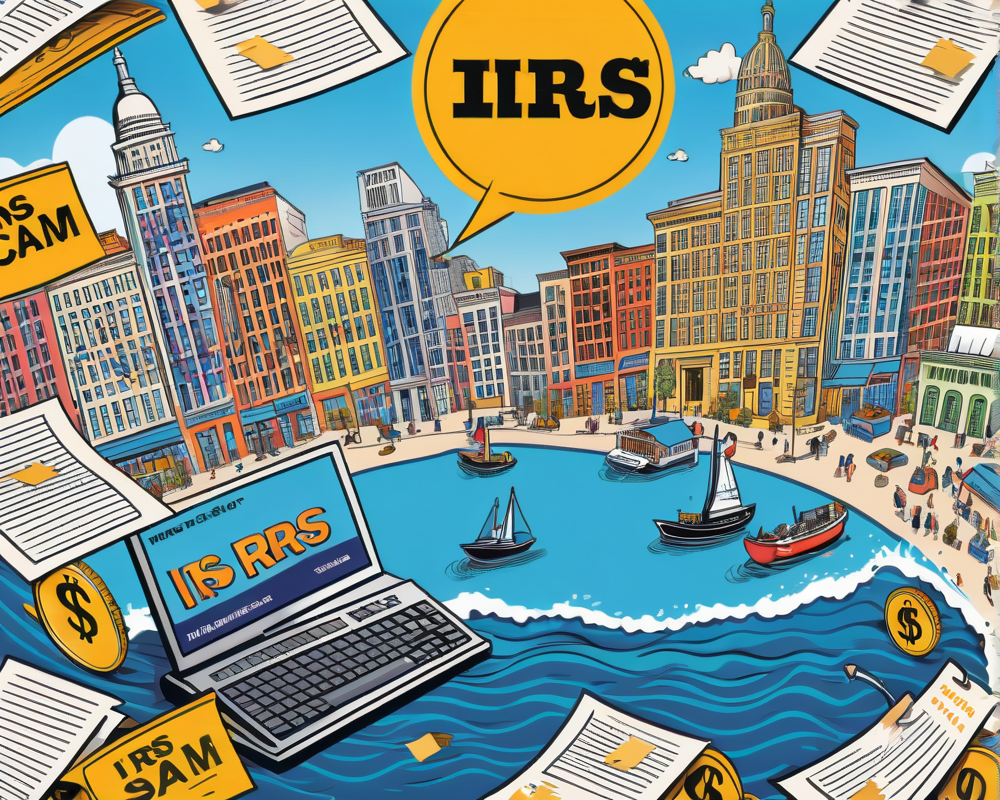The Rise of IRS Scam Letters
In a world where sketchy characters are just a click away, the rise of scam letters claiming to be from the IRS has left many taxpayers scratching their heads. If you’ve received a letter that makes you feel uneasy, you’re not alone! These fraudsters have been hard at work, specifically targeting cryptocurrency taxpayers and anyone who’s simply trying to file their taxes without a hitch.
How Scammers Underestimate Our Intelligence
These scam letters don’t just want your attention; they want your money! Using threats such as “you owe taxes to the Bureau of Tax Enforcement” (which, spoiler alert, doesn’t actually exist), they prey on the confusion surrounding IRS correspondence. They conveniently forget to mention that the real IRS will *never* threaten arrest in a letter—or throw you to tax jail like some episode of “Law & Order: Taxation Unit.”
Believe it or Not: Real Data Meets Fake Claims
What really takes the cake is that some of these scam artists utilize actual tax data like liens filed against you. It’s almost like showing up with receipts at a potluck and claiming you made the casserole. Just because they have some of your information doesn’t mean they’re on your side. They’re exploiting the fact that these records are public info, making their outrageous claims seem more legit than they really are.
Tell-Tale Signs of a Scam
So how does one differentiate between a real IRS letter and one that’s as real as Bigfoot? Forbes suggests keeping an eye out for the following:
- A notice or letter number.
- Use of an official government envelope and IRS seal.
- A legitimate 1-800 contact number for inquiries.
- The recipient’s truncated tax ID number and the specific tax years mentioned.
Any mix and match of these elements might just suggest that your letter is a grand performance by someone auditioning for the “Greatest Scammer in History” award.
What to Do If You’re Targeted
In the rare event you find yourself the target of these scammers, it’s crucial to keep calm and keep your wallet closed. Remember, the IRS communicates clearly with taxpayers, especially when it comes to potential back taxes related to cryptocurrency. If it doesn’t feel right, don’t act. Instead, report it and consult with a professional tax advisor who can help sift through the chaos.
Conclusion: Stay Alert and Informed
As the real IRS is busy sending their own letters to clarify crypto tax requirements, these scam letters are just the icing on a very complicated tax cake. Stay informed, stay skeptical, and most importantly, keep your hard-earned dollars safe from a hefty dose of fraud!




